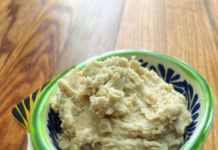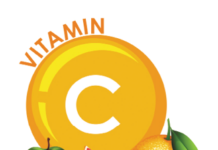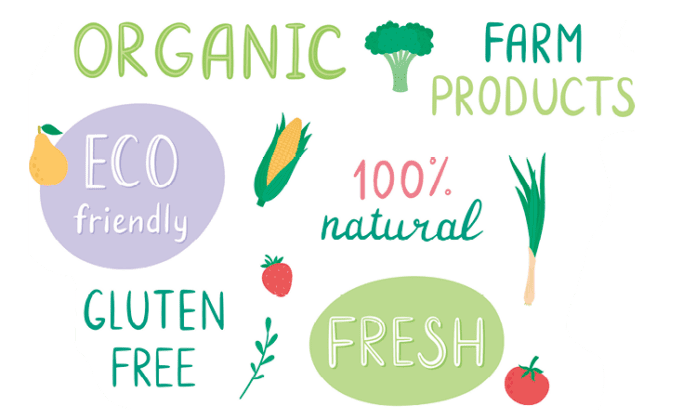Some health claims on packages or in advertising may be inappropriate or even misleading. This is sometimes referred to as “health-washing.”
Common Claims. Even FDA-approved claims (like organic, “non” or “free,” reduced, light, natural, and naturally raised) don’t guarantee the food or beverage is an overall healthy choice. Here are some red flags to look out for:
- Organic, gluten-free. Desserts, breads, and cereals made with organic ingredients and/or gluten-free flour can still be full of refined carbohydrates, sugar, or salt, and not much better for your health than the regular versions.
- Low-fat and low cholesterol. These claims can be meaningful, but if they appear on a food that would never have fat or cholesterol in the first place (like grapes), they are simply irrelevant.
- Fortified. Adding vitamins or minerals to foods can be beneficial to public health, as in the case of adding folate in refined flour to reduce birth defects. But adding a few vitamins to an otherwise unhealthy food or beverage does not make it a good choice.
- Natural. All else being equal, a more natural version of the same food or beverage will be healthier than a more processed version. But an “all natural” soda is still soda, chock full of added sugar. “Natural cane sugar” will not impact your health any differently than usual sugar (which comes from cane or beets). Natural sea salt may have some other minerals but is still mostly salt—and does not contain iodine, which can help prevent thyroid disease.
“Overall, a reasonable approach is to use these terms to compare otherwise similar foods—for example, choosing between two pastries, or two breakfast cereals, or two types of pizza,” says Dariush Mozaffarian, MD, DrPH, dean for policy at the Friedman School and editor-in-chief of this newsletter, “but also look at the ingredients, amounts of salt and added sugar, healthy fats, and fiber. And don’t let these buzz words fool you—better to pick a non-organic piece of fruit than an organic processed fruit roll.”
- Read the ingredient list. Look for whole grains, fruits, veggies, beans, and nuts as the first few ingredients. Be cautious about long ingredient lists with few terms you recognize.
- Use Nutrition Facts. Look for products with lower sodium and added sugars and higher fiber and healthy fats (total fat minus saturated fat).
- Beware of health ‘halos.’ Remember that being organic, gluten-free, no cholesterol, low-fat or fat free, reduced, light, fortified, or natural does not make an unhealthy food a healthy choice.
- Watch for hidden added sugars. Added sugars come in different forms and have many names. Be aware that most sugars are metabolized similarly by your body.
- Go for whole and minimally processed. Foods without labels, like whole fruits and veggies, are the healthiest choices. Also, packaged products with no claims may still be healthy choices.
Claims like these on packages may be trustworthy and helpful, but they don’t prove the food or beverage is a healthy choice.


























